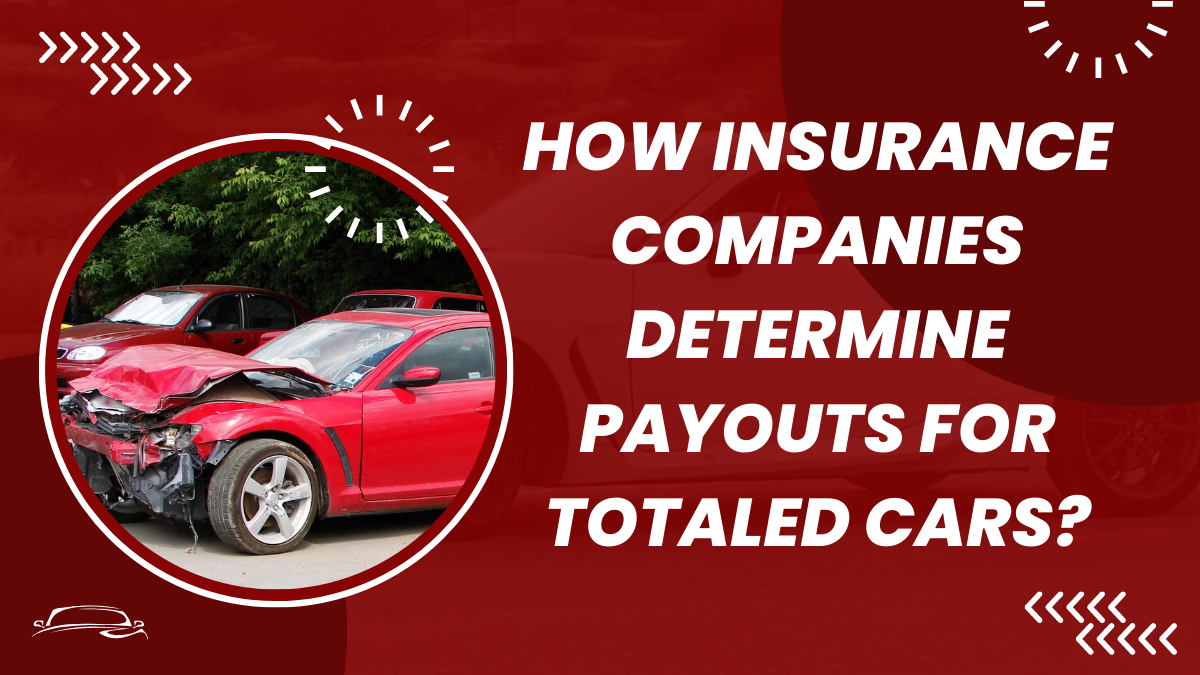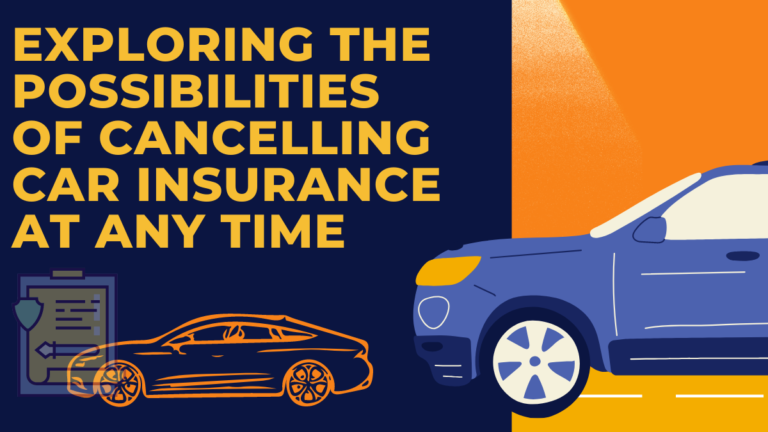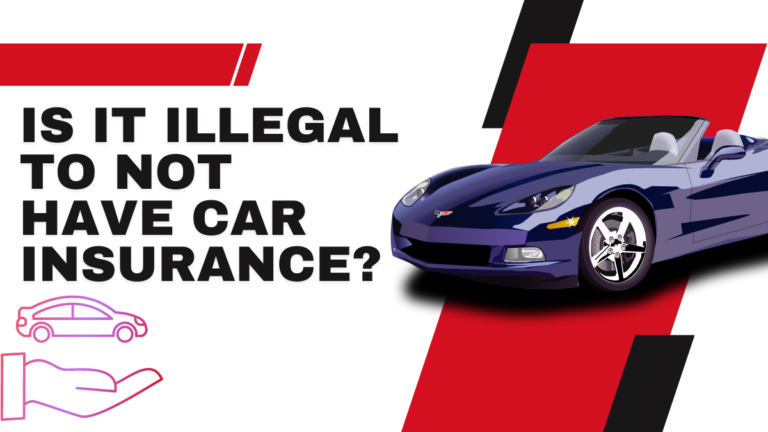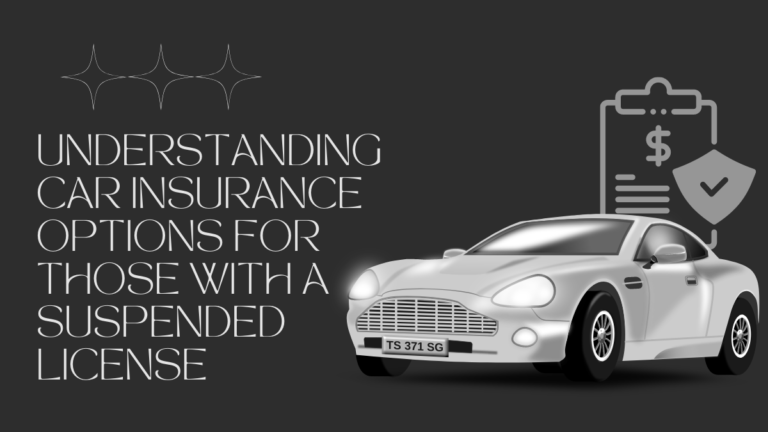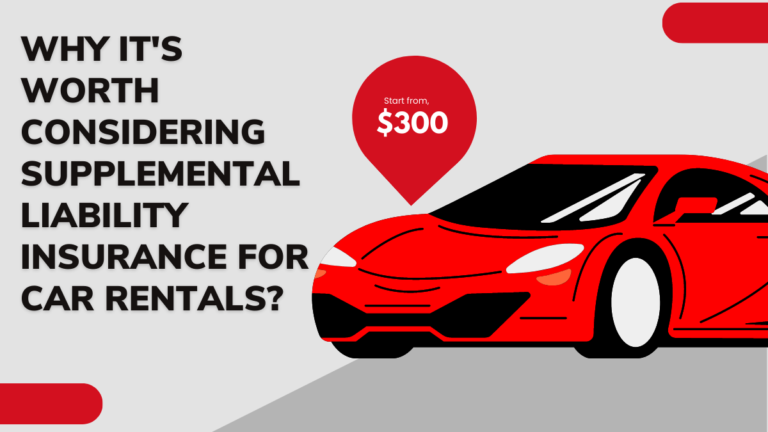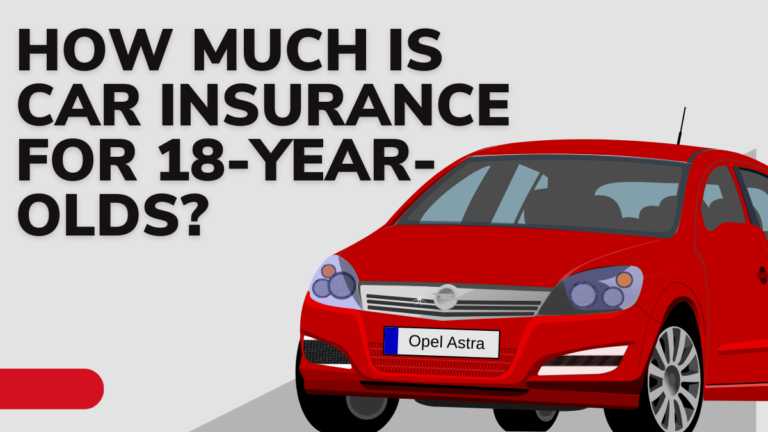Calculating the Claim: How Insurance Companies Determine Payouts for Totaled Cars?
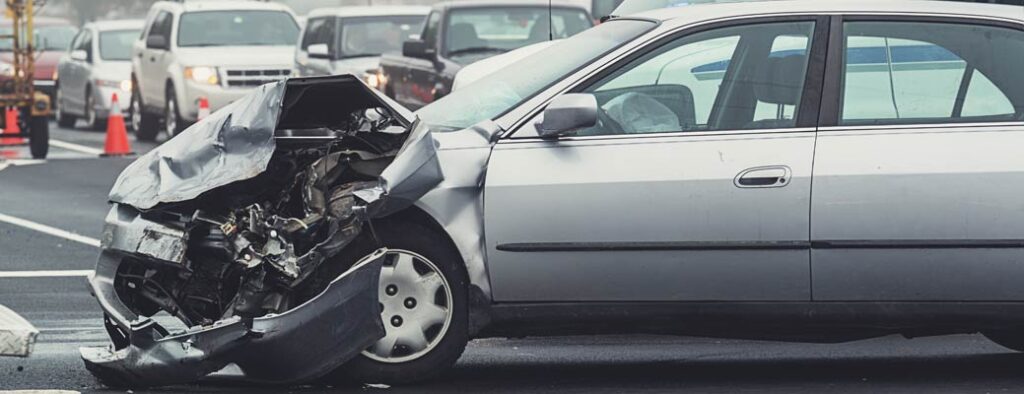
Have you ever wondered how insurance companies come up with the payout amount when your car is deemed “totaled car”? It’s a mystery that many of us encounter at some point, and today, we’re here to unravel it all. In this blog post, we’ll dive into the fascinating world of calculating claims and explore the intricate process behind determining payouts for totaled cars. From complex algorithms to rigorous inspections, join us on this journey as we decode the secrets behind insurance company payout calculations – you won’t want to miss it!
Table of Contents
Introduction
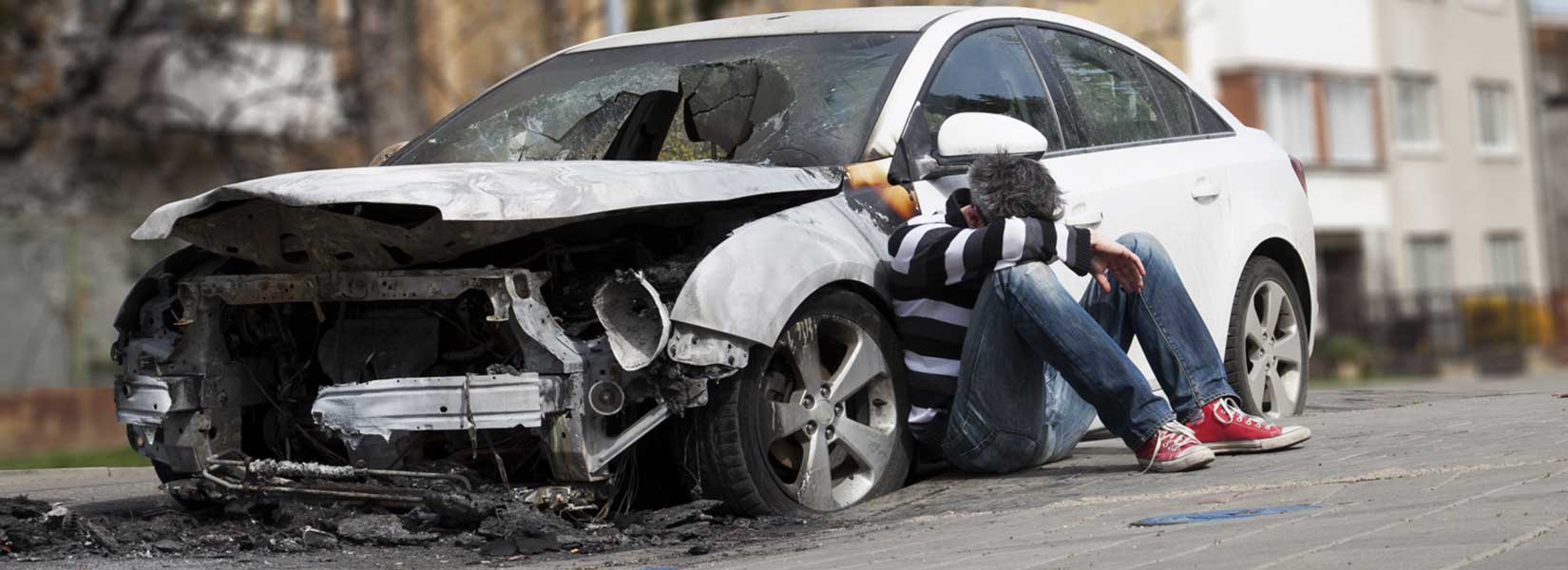
If you’ve ever been in a car accident, you know that the process of dealing with insurance companies can be frustrating. One of the most common questions people have is how insurance companies determine payouts for totaled cars.
The first thing you need to understand is that there are two different types of claims when it comes to car accidents: first party and third party. A first party claim is made when you file a claim with your own insurance company. A third party claim is made when you file a claim with the other driver’s insurance company.
The second thing you need to understand is that insurance companies use different methods to determine the value of your car. The most common method is called the actual cash value method. This method takes into account the age, make, model, and condition of your car when determining the payout amount.
If your car is totaled, the insurance company will also factor in things like sales tax, registration fees, and any outstanding loans or leases on the vehicle. They will then deduct these amounts from the actual cash value of the car to arrive at the final payout amount.
As you can see, there are a lot of factors that go into calculating a payout for a totaled car. Insurance companies have formulas and methods that they use to determine these payouts. It’s important to understand how these work so that you can get the best possible settlement for your own situation.
What is a Totaled Car?

A totaled car is a vehicle that has been declared a total loss by an insurance company. The insurance company will then pay out the value of the car to the policyholder.
There are a few different ways that an insurance company can determine whether or not a car is totaled. The most common method is by looking at the cost of repairs. If the cost of repairs exceeds the value of the car, then the insurance company will declare it a total loss.
Another way that an insurance company can determine if a car is totaled is by looking at the severity of the damage. If the damage is so severe that it cannot be repaired, then the insurance company will also declare it a total loss.
Once an insurance company has declared a car to be a total loss, they will then pay out the value of the car to the policyholder. The policyholder can then use this money to purchase another vehicle, or they can simply pocket the money and walk away from the situation.
The Process of Calculating the Claim
Most insurance companies use a similar process to calculate claims for totaled cars. First, they determine the actual cash value (ACV) of the car. The ACV is based on the market value of the car, minus depreciation.
Once the ACV is determined, the insurance company will pay out that amount to the policyholder. If the policyholder owes money on the car, the lender will be paid first and the remainder will go to the policyholder.
If the policyholder does not owe money on the car, they will receive the full ACV from the insurance company. However, if their car was new or had low mileage, they may be entitled to a replacement cost claim instead which would pay out more than ACV.
What Factors Does the Insurance Company Consider?
There are a number of factors that insurance companies take into consideration when determining payouts for totaled cars. The first is the value of the car. Insurance companies use a variety of sources to determine the value of a car, including Kelly Blue Book and Edmunds. They will also look at the condition of the car and any special features it may have.
Another factor insurance companies consider is the amount of money you still owe on the car. If you owe more than the car is worth, they may not cover the full amount.
The insurance company will also take into account your deductible. This is the amount you agree to pay out-of-pocket before your insurance policy kicks in. If your deductible is $500 and the damage to your car is $5,000, you would only receive $4,500 from your insurance company.
finally, insurance companies will look at your claims history. If you have a history of filing claims, they may raise your rates or refuse to cover you altogether.
What are Your Rights as a Policyholder?
As a policyholder, you have the right to receive a fair and prompt payment when you file a claim for a totaled car. Your insurance company must provide you with an itemized estimate of the repair costs, as well as the value of your car before it was damaged.
You also have the right to request a rental car while your vehicle is being repaired, if your policy includes this coverage. If you choose to have your car repaired, you have the right to choose your own repair shop. However, your insurance company may require you to get multiple estimates before authorizing repairs.
If you feel that your insurance company is not treating you fairly, you can file a complaint with your state’s insurance department.
How to Maximize Your Recovery?
The amount of money you receive from an insurance company for a totaled car is determined by many factors. Some of these factors are within your control, and some are not. Here are some tips to maximize your recovery:
- Gather all documentation related to the value of your car. This may include original purchase documents, receipts for repairs or upgrades, appraisals, etc.
- Determine the current market value of your car. This can be done by researching comparable cars online or in vehicle pricing guides.
- Make a list of all damage to your car, no matter how minor. Include photos if possible.
- Contact your insurance company and begin the claims process as soon as possible after the accident.
- Be prepared to negotiate with the insurance adjuster. They will likely offer you less than what your car is worth, so it’s important to be armed with knowledge of its true value.
Alternatives to File a Claim with the Insurance Provider
The insurance company may not be the only party that you can file a claim with after your car is totaled. Here are some other entities that may be able to help you cover the costs of your totaled car:
- Your credit card company: If you used a credit card to pay for your car, you may be able to file a claim with your credit card company’s insurance.
- The manufacturer of your car: If your car was totaled due to a manufacturing defect, you may be able to file a claim with the manufacturer.
- Your state’s consumer protection agency: If you feel like the insurance company is not treating you fairly, you can file a complaint with your state’s consumer protection agency.
Conclusion
It is important to understand how insurance companies determine a payout for totaled cars, so you can make an informed decision about what type of coverage you need. By using the ACV method, insurers will consider factors such as age and condition of the vehicle before determining your payout. Knowing this information will help you get the best deal possible with regard to your car’s value following its damage or destruction in an accident.
